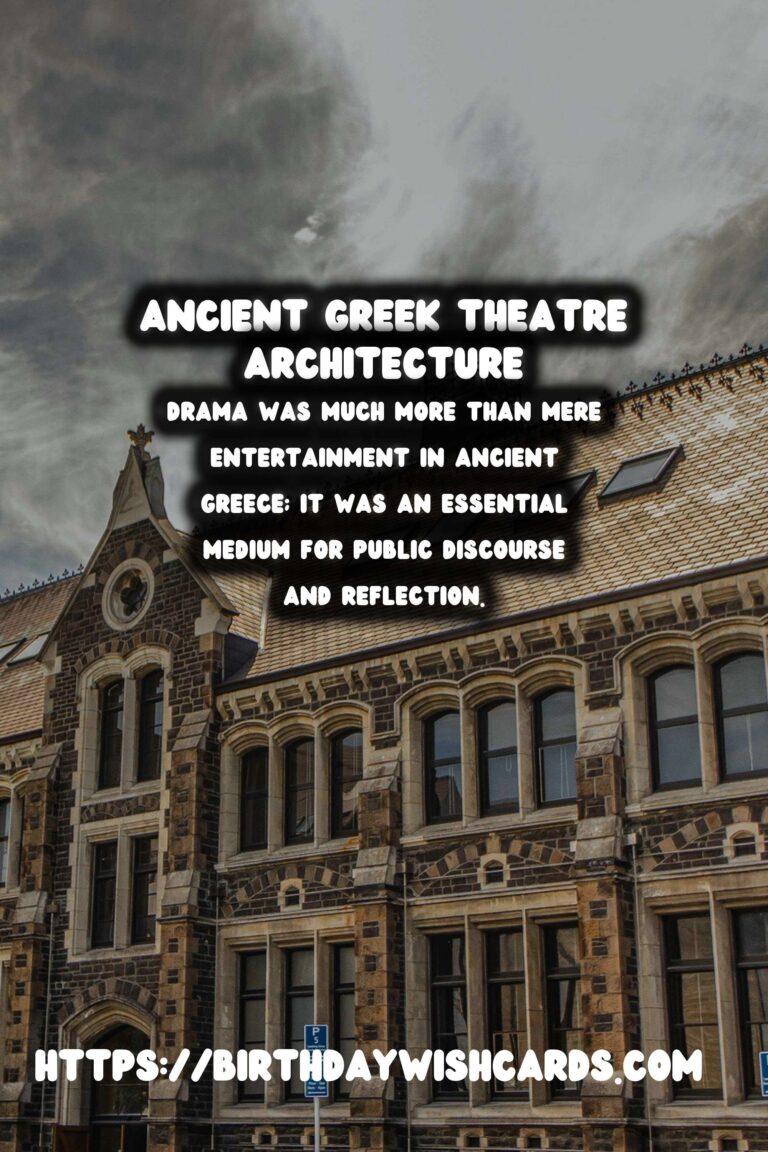
Ancient Greek theatres hold a significant place in the history of performance art. These architectural masterpieces were not only a hub for entertainment but also a crucial part of cultural and social gatherings. The birthplace of Western drama, these theatres were where the works of legendary playwrights like Sophocles, Euripides, and Aristophanes came to life.
A Historical Overview
The genesis of theatre in ancient Greece can be traced back to festival celebrations in honor of Dionysus, the god of wine, fertility, and revelry. The Theatre of Dionysus in Athens stands out as one of the earliest and most influential theatres, setting a precedent for subsequent structures across the Greek world.
The classical period, particularly the 5th century BCE, witnessed the peak of dramatic performances in Greece. During this era, drama evolved into two main genres: tragedy and comedy. These genres reflected the intricate interplay of human experiences and explored themes of morality, politics, and life’s inherent struggles.
The Architecture of Ancient Greek Theatres
An ancient Greek theatre was a marvel of both architecture and acoustics. Typically built into hillsides, these theatres featured a semi-circular design with tiered seating that could accommodate thousands of spectators. The main components included the orchestra (a circular space where the chorus would perform), the skene (a building behind the stage used for costume changes and as a backdrop), and the auditorium for seating.
These theatres were open-air structures, and their strategic design ensured that even spectators seated at the top could hear the performances clearly. The use of natural landscapes not only enhanced the acoustic qualities but also integrated the power of the surrounding environment into the theatrical experience.
The Significance of Drama in Ancient Greek Culture
Drama was much more than mere entertainment in ancient Greece; it was an essential medium for public discourse and reflection. The themes explored in Greek plays ranged from the divine to the mundane, providing audiences with stories that questioned societal norms and human behavior.
Audience members were often active participants in these performances, as they were invited to reflect on the moral and ethical dilemmas presented on stage. The plays served as a platform for discussing important civic issues, influencing public opinion and contributing to the democratic processes of the city-state.
Legacy and Influence
The legacy of ancient Greek theatres is undeniable, with their influence stretching across time and geography. The architectural principles of Greek theatres laid the groundwork for Roman amphitheaters and later Western theatre designs.
Moreover, the themes and structure of Greek dramas have inspired countless works in literature, film, and theater. The enduring presence of Greek tragedies and comedies in today’s cultural consciousness serves as a testament to their timeless appeal and profound impact.
Famous Greek Theatres
Among the myriad of ancient theatres, a few stand out for their historical and cultural significance:
- The Theatre of Epidaurus: Known for its exceptional acoustics and symmetry, this theatre remains one of the best-preserved and frequently used for modern performances.
- The Odeon of Herodes Atticus: Located at the foot of the Acropolis, this theatre hosts numerous music and cultural events even today.
Each of these theatres tells its own story, contributing to the rich tapestry of ancient Greek history and culture.
Conclusion
In conclusion, ancient Greek theatres were not just physical spaces for performance but a rich cultural phenomenon that laid the foundations for art and storytelling as we know them. Their influence resonates to this day, echoing the universal themes of human experience and the power of creative expression. Exploring these theatres offers not just a glimpse into the past but also insights into the enduring nature of artistic and cultural heritage.
Ancient Greek theatres hold a significant place in the history of performance art. Drama was much more than mere entertainment in ancient Greece; it was an essential medium for public discourse and reflection. 
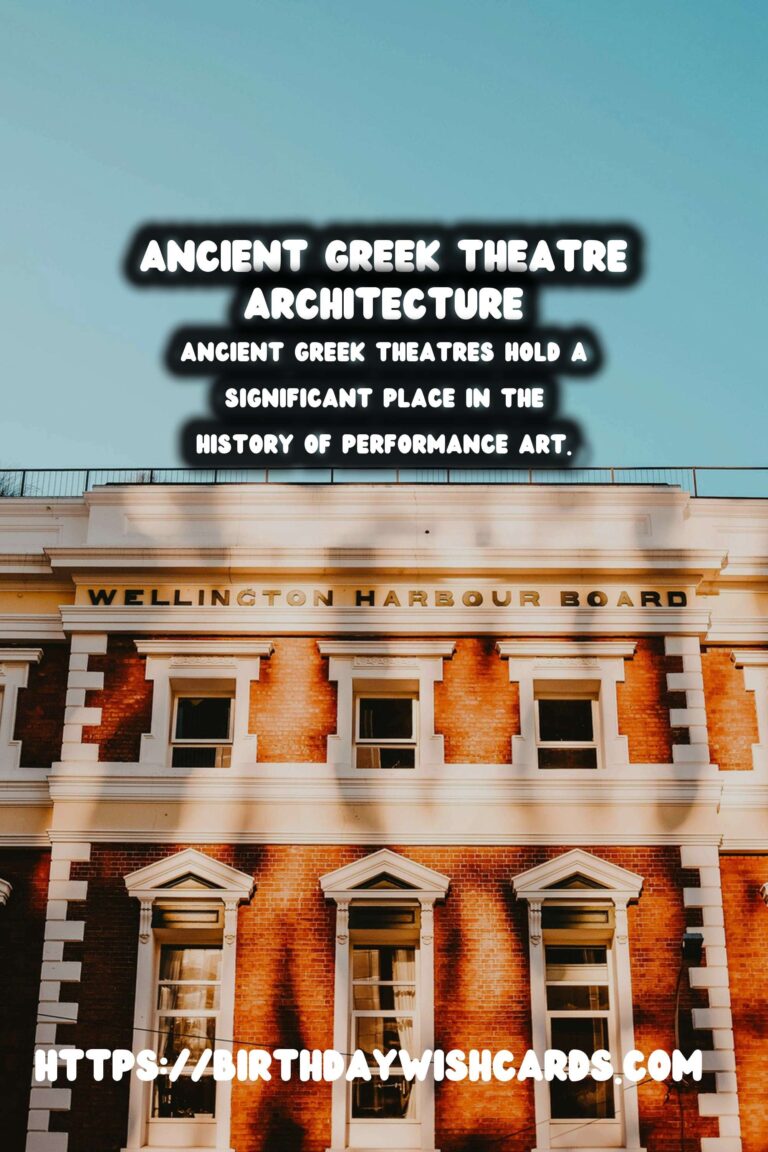
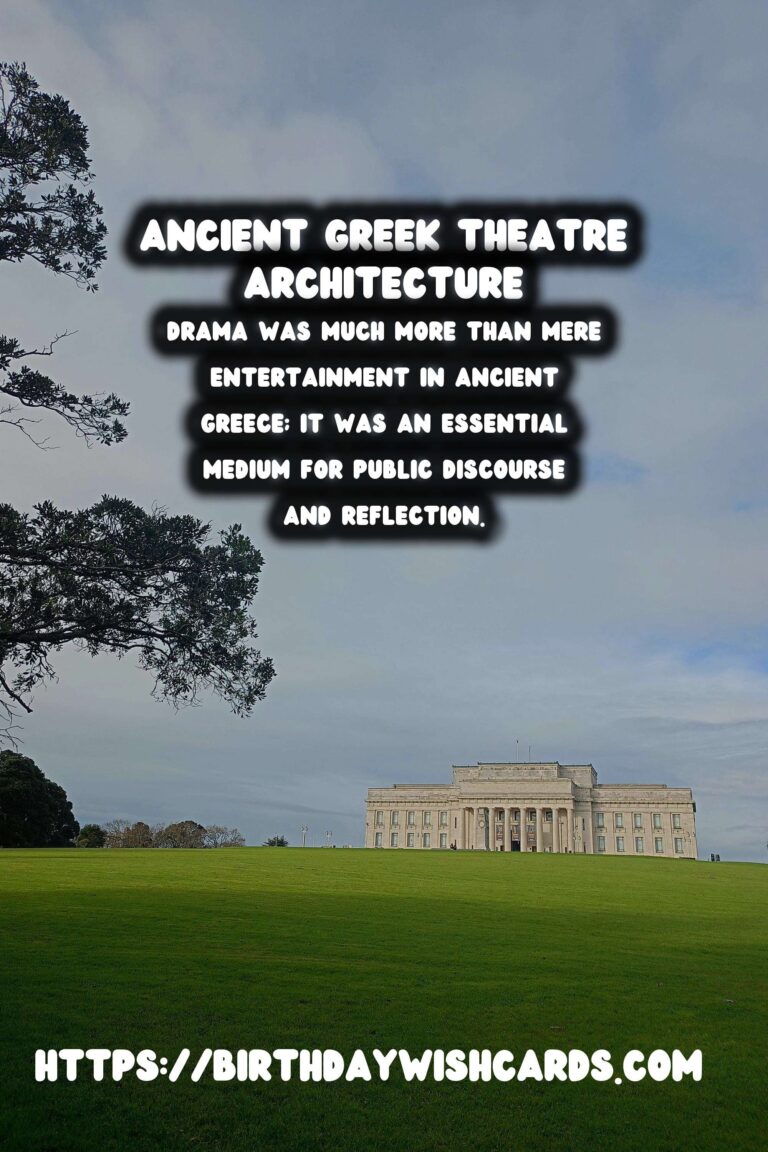

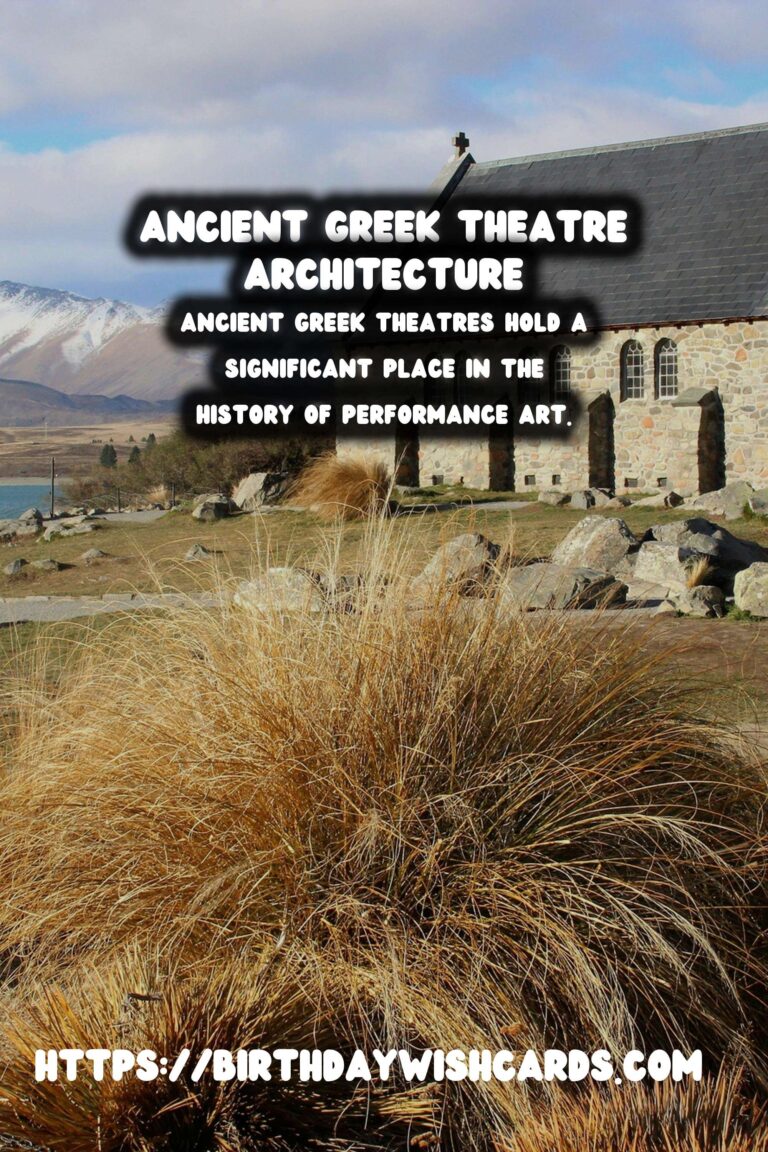
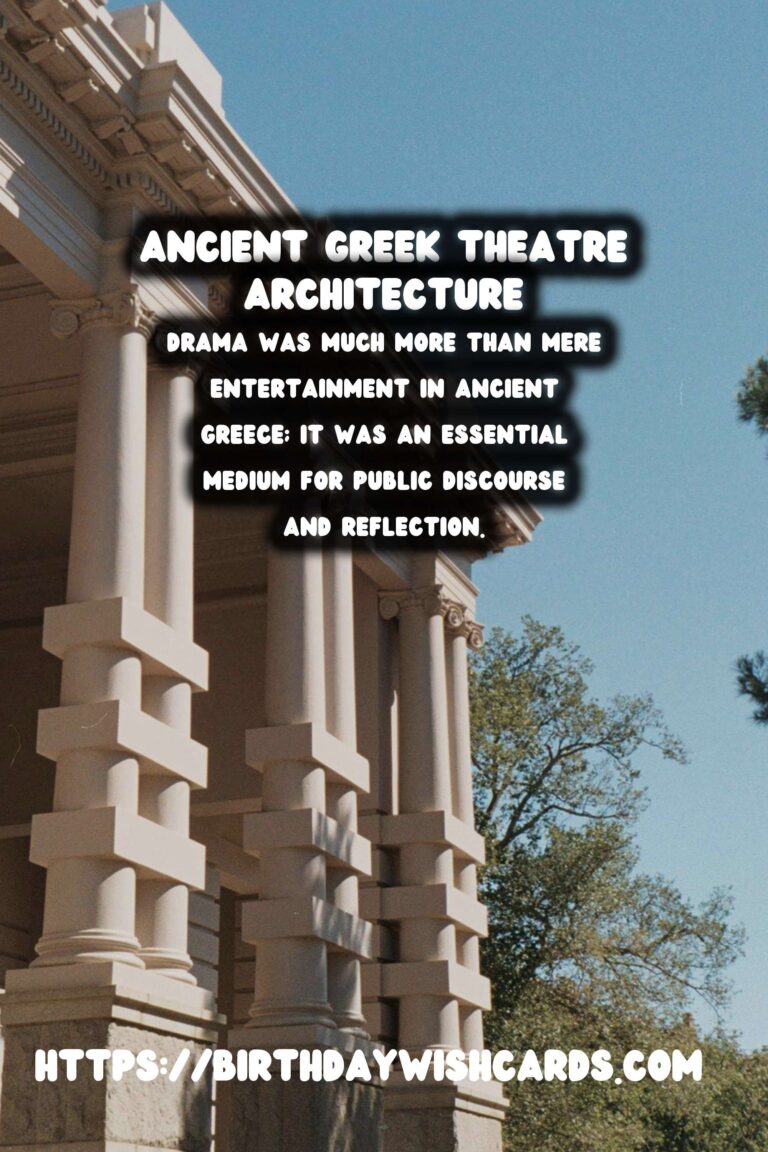
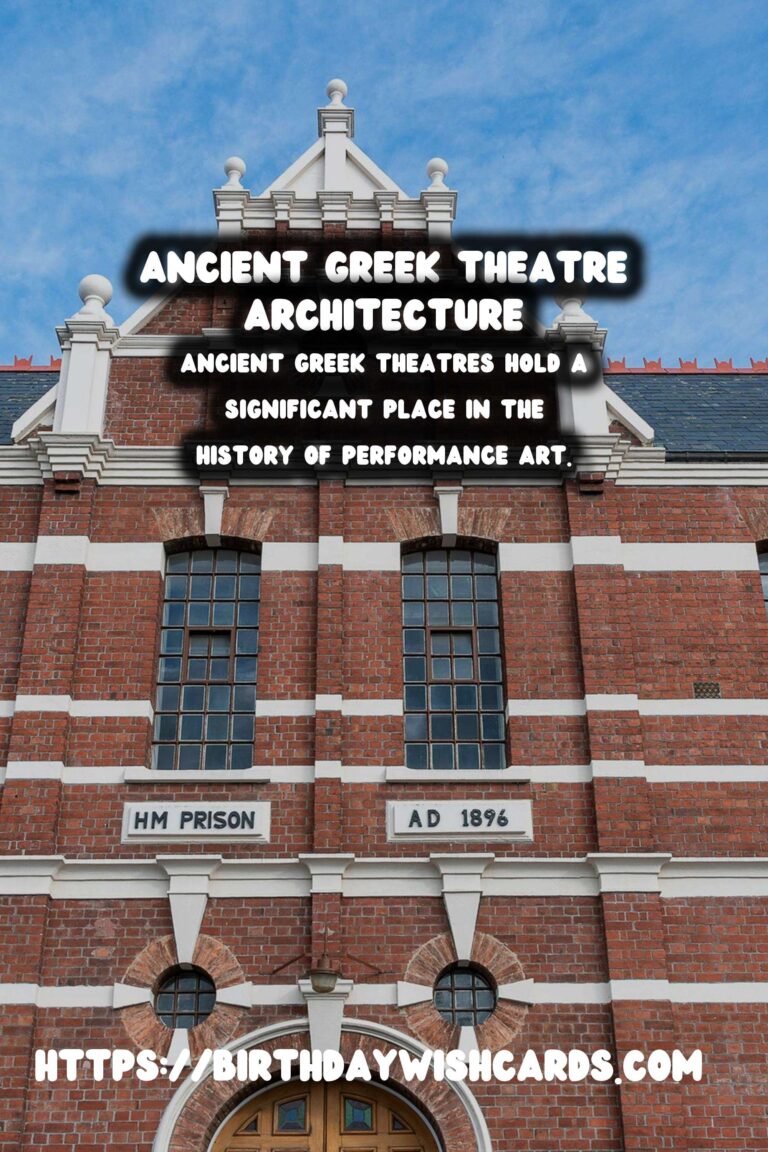
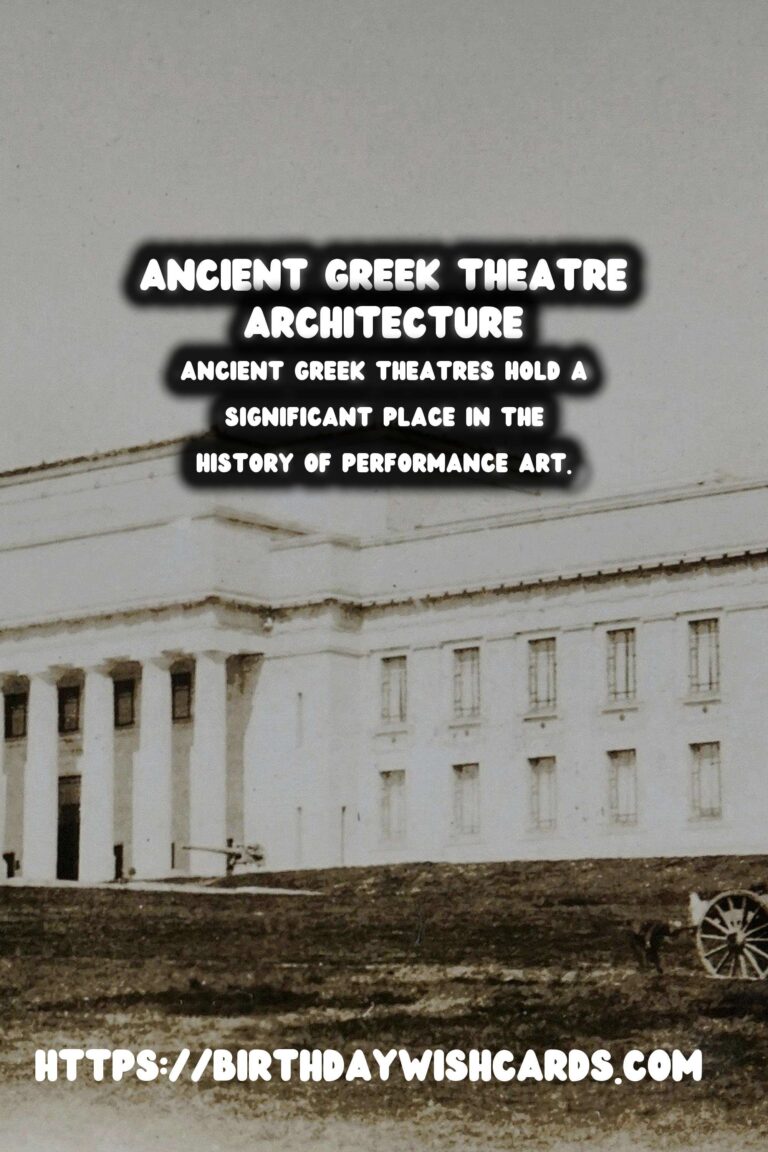

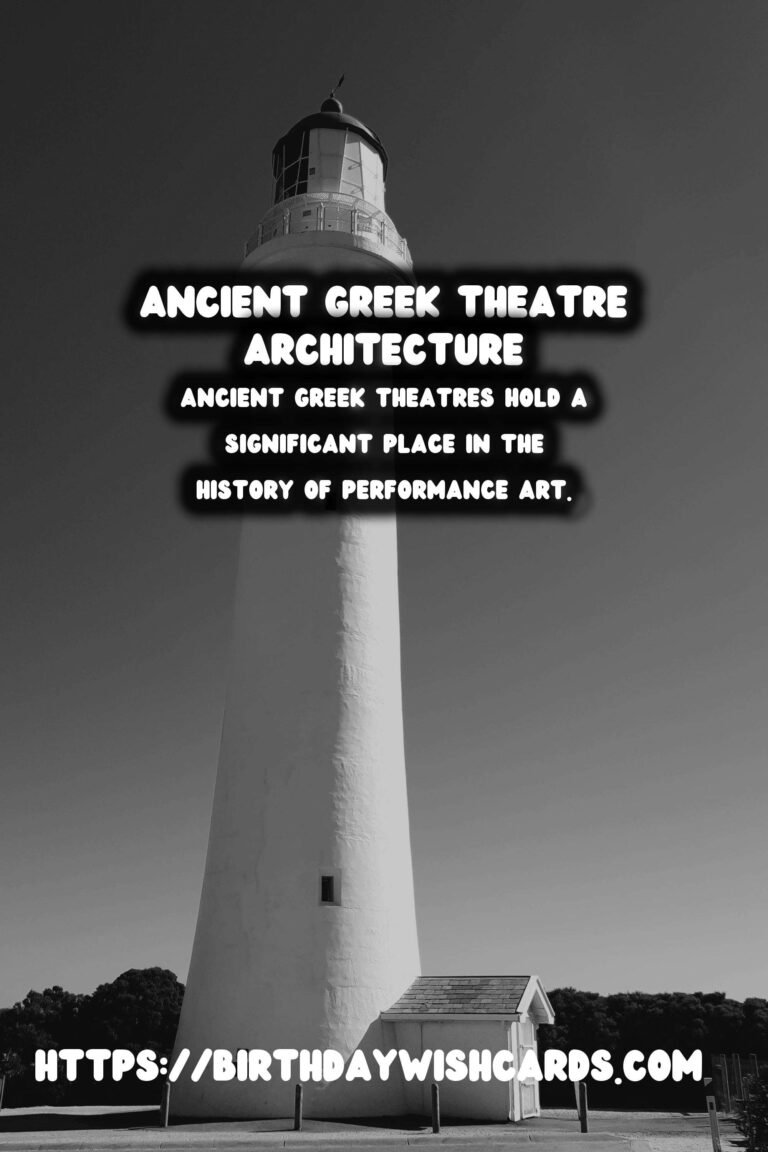
#GreekTheatre #DramaOrigins




